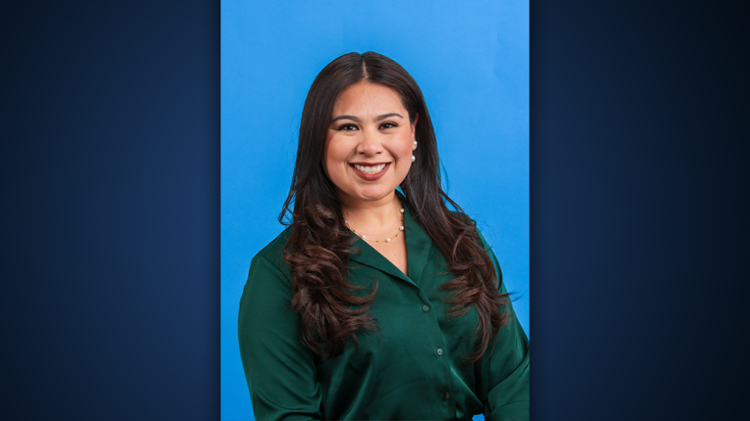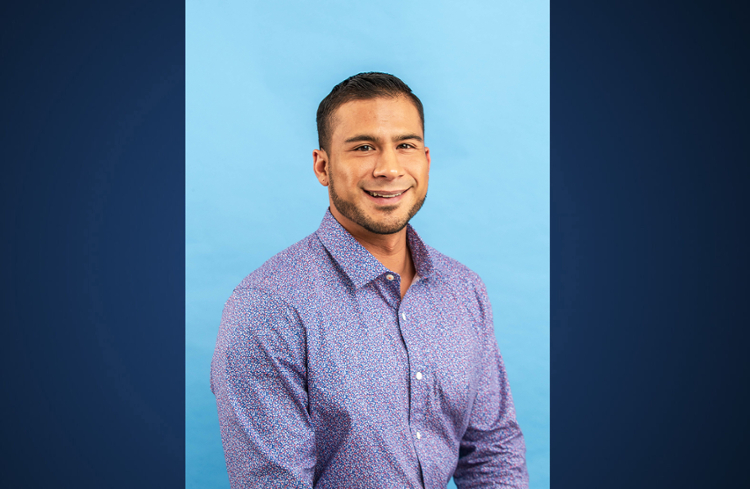Island University Hosts 670 K-12 Students at Coastal Bend Regional Science Fair
CORPUS CHRISTI, Texas – Grade school students packed University Center, dressed in their most professional suits and dresses to show off their scientific discoveries at the Valero Energy Foundation and Texas A&M University-Corpus Christi Coastal Bend Regional Science Fair. Ranging from kindergarten to 12th grade, 670 student participants covered a wide variety of topics. Student science projects asked questions, such as which drinks erode teeth the quickest as well as whether macaws are feistier in isolation or around humans.
This year’s fair, held Feb. 8, was one of the most expansive yet, with 11 Coastal Bend counties and 25 districts and charter schools taking part.
“We’re one of the only science fairs to host participants at the kindergarten to the fifth-grade level,” said Dr. Debra Plowman, Assistant Professor in the Department of Curriculum, Instruction and Learning Sciences and Science Fair Director. “Having this event happen on the Island campus, where those elementary students can come up and shake the hand of the dean and be on a stage at a university, brings a lot of positive energy to us.”
More than 250 volunteers, who represented 50 organizations and businesses and included University students, shared a passion for knowledge and sciences and were eager to lend a hand.
“It's awesome to see these students be passionate about the world around them. It’s super cool to see how the next generation is going to solve problems,” said Sara Hodges, a senior biology student, who volunteered for the fair. “The science fair gets them to think about and solve problems at an early age.”
Projects like “Smokin’ Hot” by Addison Garza and Chloe Fox, a pair of middle schoolers from Alice, Texas, have real-world applications. For this project, the duo measured the effectiveness of photoelectric and ionizing smoke detectors.
“We wanted to see which smoke detector you would want in your house and make sure you get the right one that's best for your safety,” Chloe said. “It was a lot of fun!”
Although many of the students participating in the Science Fair were in primary school, they noted that they were already thinking about what college they would attend. For many, the Island University is that destination.
“A lot of former science fair participants go on to become Islanders,” said Plowman. “One of my current students took part in the science fair in 8th grade and was a top winner.”
For a full list of winners, visit http://sciencefair.tamucc.edu/results.html. Top prize recipients may present their work at the statewide level or be deemed eligible for a scholarship to the Island University.
“The regional science fair provides a way for students to see A&M-Corpus Christi as a viable avenue to explore the sciences,” said Plowman. “It shows that the Coastal Bend is a great mecca for young students who do really cool things.”
To see photos from the awards presentation, click on the Awards Photo Gallery link.
Summer update:
Following the Coastal Bend Regional Science Fair in February, organizers rescheduled the state competition as a virtual event. The virtual state competition featured 21 of the Coastal Bend student participants who competed against students from 14 other regions in Texas. In addition, Ibrahim Al-Akash, a junior from Veterans Memorial High School in Corpus Christi ISD and Joaquin Haces-Garcia, a senior from Academy High School in Santa Gertrudis ISD participated in a virtual version of the International Engineering and Science Fair (IESF) in April, which had originally scheduled to be held in Anaheim, California, in May.
Both students created videos and answered additional questions about their projects as well as submitting photos of their displays and limited additional photos of key project elements. Both students received scholarship awards to study science this summer, according to Dr. Dr. Debra Plowman, Assistant Professor in the Department of Curriculum, Instruction and Learning Sciences and Science Fair Director.
“During the week of the Fair, both boys participated in virtual events conducted in various formats and made available on the ISEF virtual fair platform. Virtual rooms held talks from top scientists and students could take virtual tours through the exhibit halls to view other students’ projects and displays,” Plowman said. “Both Joaquin and Ibrahim reported that although they had really been looking forward to attending in person, they enjoyed the unique experience that the virtual fair offered.”


























